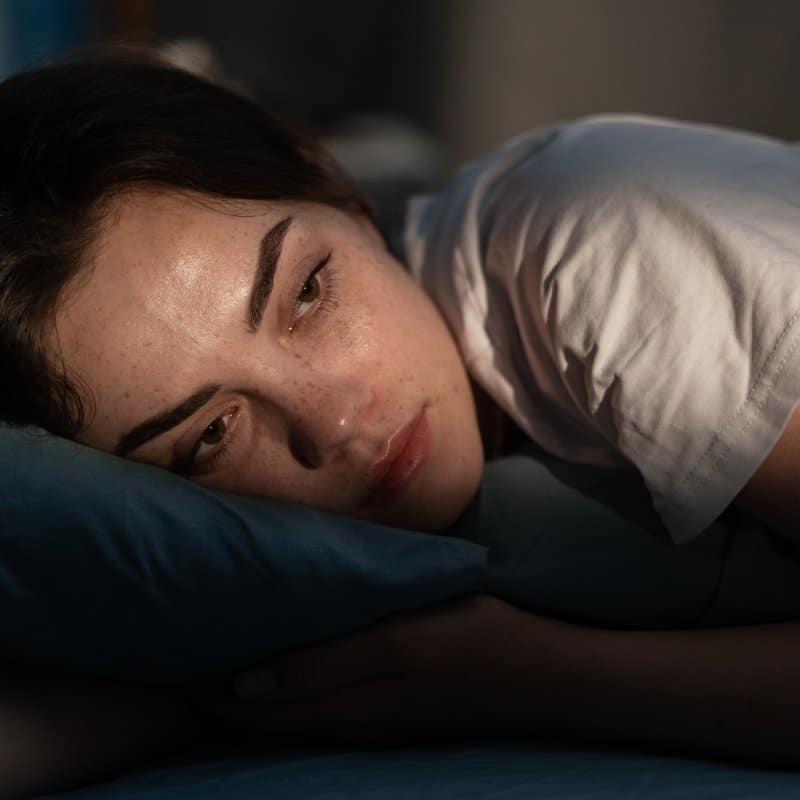Sleep and anxiety have a more complicated relationship than most people realize. If you’ve been struggling to rest or feeling overwhelmed, understanding how these two are connected can help you take control of your well-being. This article will explore how sleep and anxiety impact one another, how they can influence your physical and mental health, and what you can do to improve your sleep patterns.
How Sleep and Anxiety Are Linked
Sleep and anxiety share a bidirectional relationship, meaning they both influence and affect each other in significant ways. When you experience anxiety, your nervous system becomes overactive, making it harder for your body and mind to relax enough to fall asleep. On the other hand, not getting enough quality sleep can worsen feelings of anxiety, creating a frustrating and endless cycle.
Your body relies on deep sleep to recover and regulate stress hormones, so even a single restless night can disrupt your emotional balance. Over time, consistent sleeplessness and unmanaged anxiety compound, impacting your ability to focus, manage daily stressors, and even maintain healthy habits.
How Anxiety Affects Sleep Disorders
Anxiety is also tied to common sleep disorders. People with generalized anxiety or panic disorders are more likely to experience insomnia, which makes falling or staying asleep a constant battle. Racing thoughts, physical tension, and excessive worry often interrupt the body’s natural ability to wind down at night.
Additionally, anxiety can lead to disruptive conditions such as nightmares or night sweats, further lowering the quality of your sleep. Understanding the connection between anxiety and your physical health is crucial for finding effective ways to improve both your mental well-being and sleep quality.
How Sleep Deprivation Affects Anxiety Disorders
If you’re not getting the recommended seven to nine hours of restful sleep consistently, your brain likely doesn’t have the chance to process emotions and memories properly. This can lead to heightened sensitivity to stress, making anxiety more intense and harder to manage. Sleep deprivation also disrupts the brain’s ability to regulate mood, which can amplify feelings of irritability, fear, and worry.
A lack of restorative sleep increases the production of stress hormones, such as cortisol, keeping your body in a heightened state of alertness. Over time, this may worsen existing anxiety disorders and lower your capacity to handle challenging situations.
Tips for Getting Better Sleep
Understanding the relationship between sleep and anxiety is a powerful step toward regaining control of your sleep quality and peace of mind. Start by establishing a consistent bedtime routine that helps signal to your body that it’s time to wind down. This might mean putting away your electronic devices an hour before you sleep, practicing deep breathing, or enjoying a relaxing book.
Pay attention to your environment as well. Create a cool, dark, and quiet bedroom that feels inviting and comfortable. Limiting caffeine and sugar intake in the evening can make a noticeable difference, as these substances tend to stimulate your nervous system. Lastly, don’t hesitate to talk to a healthcare provider if your anxiety feels unmanageable, as therapy or professional guidance could provide the support you need to improve your well-being.


1 comment
I have definitely experienced the link between anxiety and sleep, and it had a very negative impact on my health. Thankfully things are much better now, but as I read this, it’s clear just how essential getting decent rest and dealing with anxiety really is. Great post!